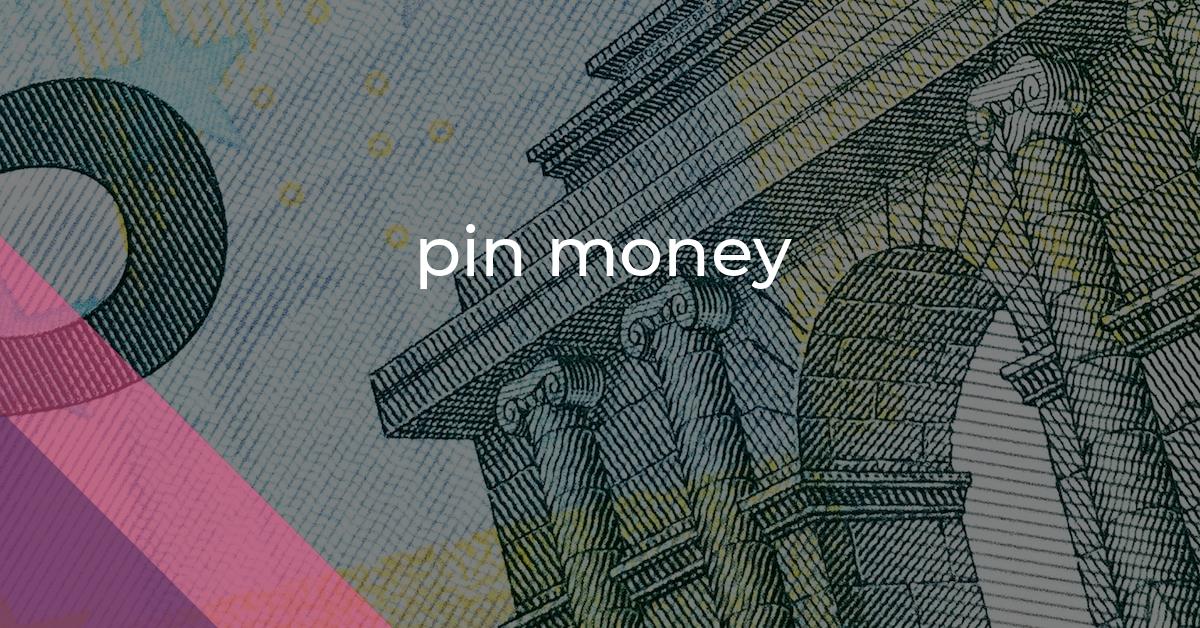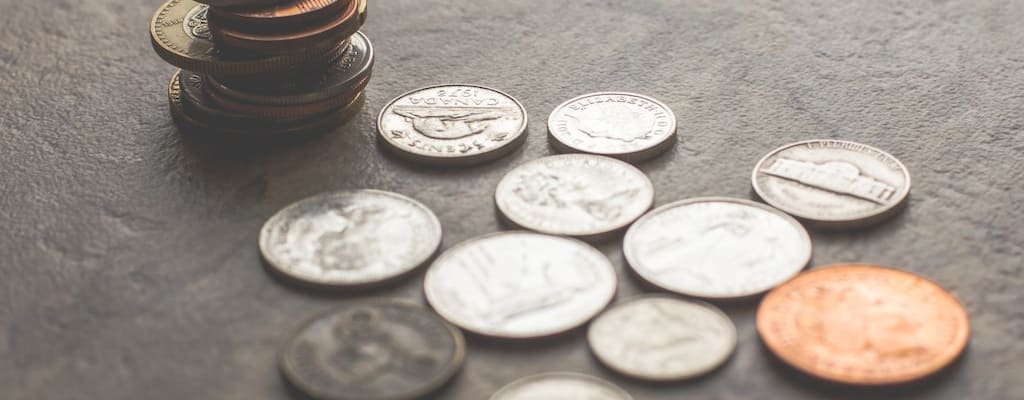pin money: Idiom Meaning and Origin
What does ‘pin money’ mean?
The idiom "pin money" refers to a small amount of extra money that is earned for personal use or personal expenses.

Idiom Explorer
The idiom "silly money" refers to an excessive or absurd amount of money, often used to describe a huge sum paid for something that may not be worth its value.
An idiom is a phrase that does not have a literal meaning. The idiom "save" means to keep money or resources for future use, or to rescue someone or something from danger or harm.
The idiom "salt away" means to save or keep something, especially money, for future use or for a specific purpose.
The idiom "run for one's money" means to provide a strong competition or challenge, often to someone who is expected to win easily.
The idiom "rolling in it" means to have an abundance of wealth or money.
The idiom "rainy day" refers to a time in the future when one may need extra money or resources. It signifies the importance of saving for unexpected circumstances or emergencies.
The idiom "pretty penny" means a significant or large amount of money. It is often used to emphasize the high cost or value of something.
The idiom "piss money up the wall" means to waste money in a careless or reckless manner, usually on unnecessary or frivolous things.
Cracking the Code
Pin money is an idiomatic expression that originated in the 14th century. It refers to a small amount of money that is used for personal spending. During the 16th and 17th centuries, pins were expensive and essential for fastening clothing. Women often needed pins for sewing and relied on an exclusive allowance from their husbands to cover these expenses. This allocation of funds became known as pin money.
The term pin money began to appear in written records in the 14th century and has remained in use ever since. It originated in England and gradually spread to other English-speaking countries. Pin money represented a small measure of financial autonomy for women in a time when men held control over financial resources in many households.
As society progressed, the meaning of pin money expanded. It came to represent any small sum of money given to someone for personal use. Today, pin money is often used to describe a modest sum that individuals can spend as they please, without any specific guidelines or restrictions. It can be seen as "mad money" that one can use for impulsive purchases or as a "pretty penny" that brings a small measure of luxury to one's life.
Oftentimes, pin money is just a few cents, like a "nickel" or "loose change," but it still holds value and represents a level of financial independence. It can be extra income that one earns outside of their regular salary, providing a little extra pin money for personal expenses. In this way, pin money is not only a remnant of the past but also a concept that remains relevant in today's world of side hustles and moonlighting.
The idiom pin money has a rich history that dates back to the 14th century. It originated as an allowance given to women for the purchase of pins. Over time, it has evolved to encompass any small amount of money that individuals can spend at their discretion. Pin money symbolizes a certain level of financial autonomy and personal freedom, allowing individuals to indulge in small luxuries or treat themselves to something special. It serves as a reminder of the enduring nature of human desires for a measure of personal financial independence.
Example usage
Examples of how the idiom "pin money" can be used in a sentence:
- She does some part-time work to earn pin money.
- He gave his daughter some pin money for her weekend trip.
- She saved up her pin money to buy a new dress.
More "Finance" idioms



